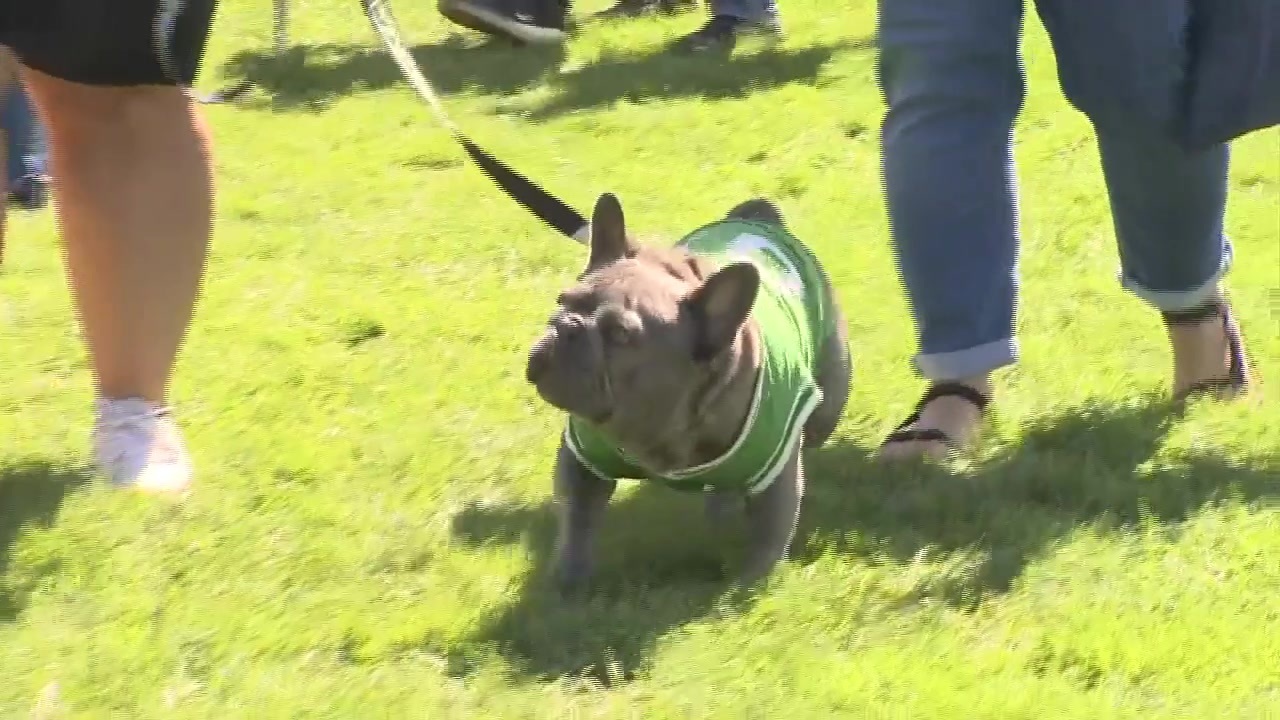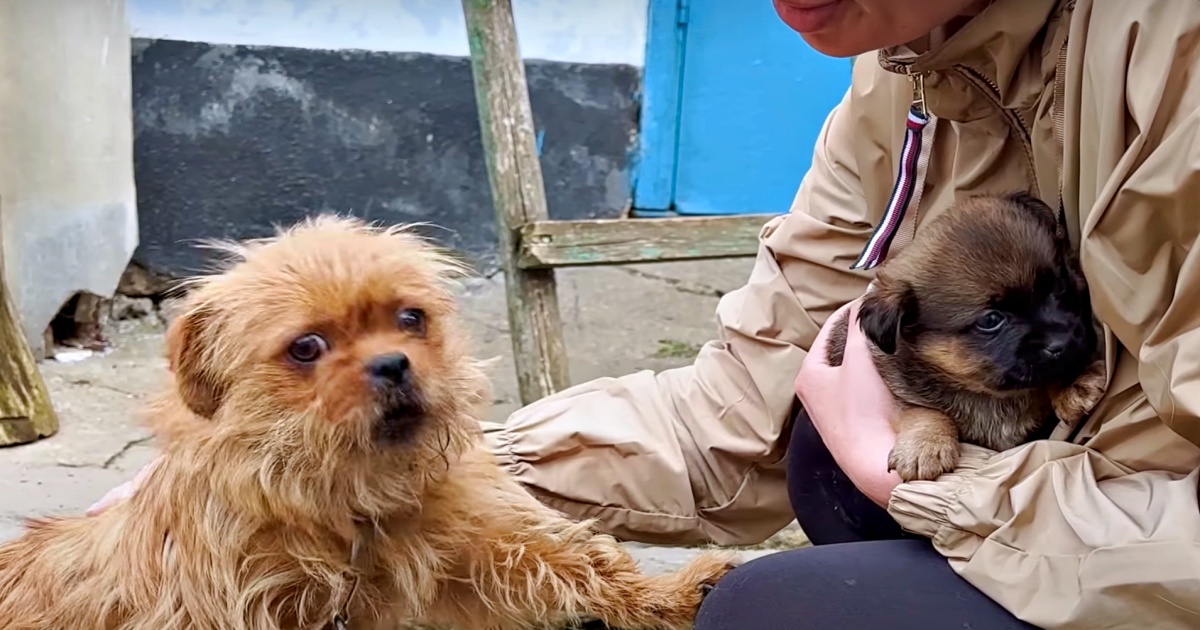And yet, it wasn’t until one night when Dotty experienced what appeared to be a breakdown – crying for hours, pacing around the house with toys in her mouth – that we really started to panic. The vet told us her behaviour indicated she was experiencing severe anxiety. He doped her out on heavy-duty tranquillisers. It made her temporarily comfortable, yes, but it was then that we wondered whether our home was still suitable for Dotty. Our conversations about rehoming her began.
Loading
And we were devastated, especially my husband. He was a mess. He’d be losing his best pal. We went back and forth, worrying about the risk she might pose to our baby, then about the heartache we’d suffer if we gave her away. We’d both been raised to love and care for pets, as members of our families.
We consulted a veterinary behaviourist. She prescribed Prozac, the anti-anxiety medication also known as fluoxetine, and lots of training.
We were initially hesitant about the medication. Using antidepressants to treat mental health illnesses is controversial enough for humans, let alone pets. There is limited data in Australia surrounding their use for animals, although American research by the Centre for Canine Behaviour Studies found 45 per cent of pet owners who sought professional help for anxious dogs were prescribed antidepressant medication. Given there are often shortages when I go to fill Dotty’s prescription, it seems we are not alone in our decision to medicate.
We were desperate, willing to try anything. After a few months, and after tweaking the dosage, we started to see huge improvements in Dotty’s behaviour. Her anxiety came under control and she grew to like Freddie. She even gently plays with him. Perhaps it helps that he shares his food with her from his high chair.
We do wonder whether keeping her on Prozac long-term will be wise, especially given the scepticism of our local vet. But with reassurance from the veterinary behaviourist, and the noticeable improvement in Dotty’s wellbeing, for now, it seems the safest plan. We hope it means we’ll never have to revisit the rehoming conversation.
Ellen Milankovic is a writer, teacher and mother.









